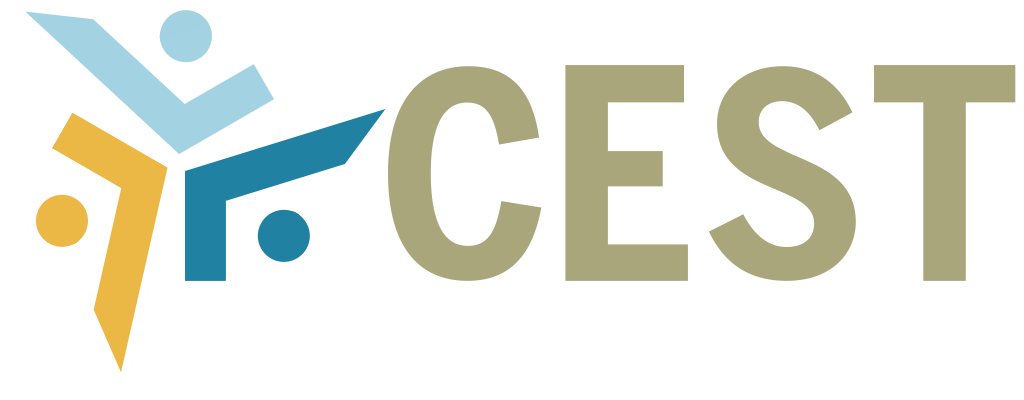The participation of different actors is fundamental for the evolution of the Internet for the society benefit
Originally, the concept of Internet Governance referred to the processes of design and administration of the technologies needed to keep the Internet operational. Due to the evolution of the Internet and the gradual increase in both its number of users and social and economic importance, the concept of Internet Governance evolved to include, besides the set of material and logical means that constitute the Internet and its infrastructure, also the institutions that define the Internet and manage it, the stakeholders involved in those processes, as well as the policies and decisions derived from such arrangements, which have an impact in public interest.
More than a decade has passed since the World Summit on the Information Society (WSIS) took place between 2003 and 2005, when Internet Governance became a key issue on the global political agenda, the subject is still poorly understood by the general public. In order to discuss the matter with society, the Society and Technology Study Center (CEST) from University of Sao Paulo will hold a seminar at Escola Politécnica da Universidade de São Paulo on August 17, at 8:30 a.m. with different experts in the field.
According to Msc. Nathalia Sautchuk Patrício, researcher and CEST collaborator, Internet Governance is a multidisciplinary area which seeks to discuss the technopolitical dimensions of the network, its technical, social and economic consequences and relationship with public policies. “There is no one-stop-shop for Internet Governance decision-making. It can be visualized as a complex ecosystem, in which multiple fora, actors and issues coexist. For example, there is a specific group for defining open standards for the Internet, the IETF (Internet Engineering Task Force), but there are also more political fora such as the IGF (Internet Governance Forum) where define public policy in wider debates, including for example aspects related to human rights “, the researcher said.
The meeting will feature panelists representing different actors of Internet Governance, such as: civil society; governmental sector and the scientific and technological community (with action recognized in several fora). “An important practice adopted by the Internet Governance ecosystem is multistakeholderism, that is, the setting of discussions in which all interested parties participate in equal footing. This aims to decision-making and public policy-making in a way that benefits the whole society. Such practice is a evolution of multilateralism, a practice used in many organs of the United Nations, in which originally only governments had voice in decision-making processes”, said Nathalia.
To register, click here.
Translation: Rafael Prince Carneiro
 English
English Português
Português
